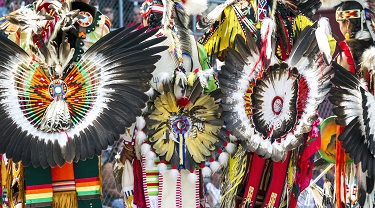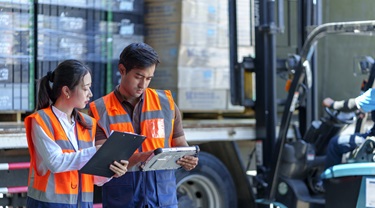After almost a year in his job as Export Development Canada’s national lead for Indigenous exporters, Todd Evans says there’s still much to be done to connect, collaborate and support this dynamic and engaged community as they grow their businesses internationally.
In order for this to happen, Evans says it’s paramount that EDC, Canada’s export credit agency, earns the trust and respect of Indigenous entrepreneurs and businesses, who have been growing significantly over the past decade and deepening their economic footprint in Canada.
“My goal is for Indigenous companies to think of us as a trusted partner. This doesn’t happen overnight. We need to build awareness and credibility, so the community knows who we are and what we do. This is what I hope for. We also need to raise awareness within EDC, too. Understanding how history and culture is embedded in the operations of many Indigenous companies is a key part of that awareness within EDC.”
With 23 years under his belt working for the Crown Corporation, including as director of economic analysis and forecasting and the corporate research department, Evans relishes the opportunity to network with Canadian Indigenous organizations, partners and businesspeople. The role was created after a gap was identified following a thorough departmental review in 2018. Consultations with the Indigenous business community, along with the services of BDO Canada’s Indigenous practice, were called on to help develop an Indigenous business initiative.
While the COVID-19 pandemic has impacted some of his work, Evans—along with EDC colleague and women-in-trade lead Jennifer Cooke—continues to forge ahead on creating an in-depth Indigenous national strategy for EDC.
“Before COVID-19 hit, I was doing a lot of travelling to meet with different organizations and attending conferences to get the lay of the land. It’s all about making connections,” says Evans. “Now, I’m conducting most of my outreach over the phone. I’m also speaking directly to Indigenous companies to understand their challenges.”




















